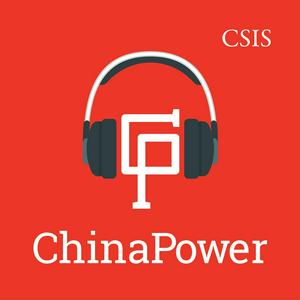In this episode of the ChinaPower Podcast, William Hannas and Hugh Grant‑Chapman join us to discuss key findings from Bill’s new report, China’s Embodied AI: A Path to AGI, as well as the CSIS report Is China Leading the Robotics Revolution? They examine why Chinese researchers view embodied AI as a critical pathway toward advanced intelligence, how Beijing is prioritizing robotics and physical‑world AI applications, and what lessons China’s AI strategy may offer for other countries.
William Hannas is the Lead Analyst at Georgetown University’s Center for Security and Emerging Technology, or CSET. Before joining CSET, he served in the Senior Intelligence Service at the Central Intelligence Agency, where he worked as an executive expert on advanced technical programs.
Hugh Grant-Chapman is a fellow with the Economics Program and Scholl Chair in International Business at the Center for Strategic and International Studies.


